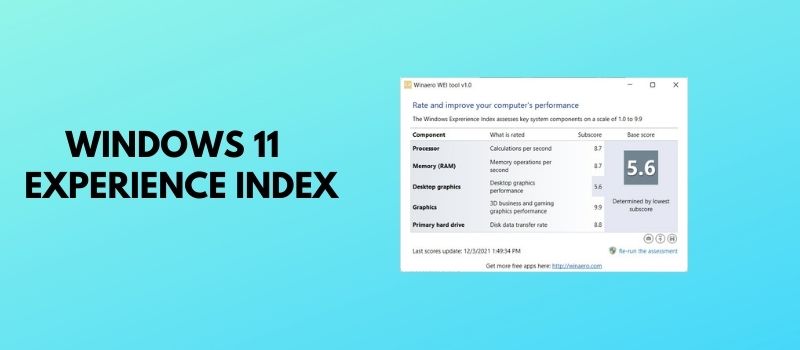Google disables user-submitted Maps placements in Ukraine, Russia and Belarus
Google has blocked users from being able to edit Maps in Ukraine, Russia and Belarus, according to BuzzFeed News. It's also deleting all user-submitted places and contributions, such as photos, videos and business information in those countries made since February 24th. The tech giant came to the decision "out of an abundance of caution" after people claimed across social networks that the Russian military has been relying on pins created by users on Maps to coordinate air strikes on Ukraine. As BuzzFeed News explains, there are posts circulating on websites like Twitter with screenshots of Maps showing pins labeled "“ФЕРМЕРСЬКЕ ГОСПОДАРСТВО" or Ukrainian for "farm" in Kyiv. People were reportedly claiming that user-made tags saying "farm" or "agriculture" created on February 28th matched the locations of the missile strikes on cities that include Kyiv and Kharkiv. Google told the publication, however, that some of the user edits marking locations in Ukraine as "farms" were made a year ago. Even so, it's disabling user contributions to Maps since the Russian invasion had started. A company spokesperson said:"Out of an abundance of caution, we are removing user contributions like photos, videos, reviews and business information and all user-submitted places from Google Maps in Ukraine, Russia and Belarus since the invasion began, and are temporarily blocking new edits from being made."A few days ago, the tech giant also removed live traffic data on Maps in Ukraine, most likely to protect the locations of fleeing locals. It blocked the YouTube channels of Russian state-owned media outlets RT and Sputnik on across Europe, as well, following the European Commission's announcement that it would ban what it calls "Kremlin's media machine" in the EU. Other tech companies had also responded to calls to limit their services in Russia and to block access to its state-owned media outlets. Facebook took down fake accounts spreading Russian disinformation and restricted RT's and Sputnik's access to its platform, for instance. More recently, Apple halted all product sales in Russia and disabled all traffic data in Ukraine after a request from Ukrainian Vice Prime Minister Mykhailo Fedorov.
Google has blocked users from being able to edit Maps in Ukraine, Russia and Belarus, according to BuzzFeed News. It's also deleting all user-submitted places and contributions, such as photos, videos and business information in those countries made since February 24th. The tech giant came to the decision "out of an abundance of caution" after people claimed across social networks that the Russian military has been relying on pins created by users on Maps to coordinate air strikes on Ukraine.
As BuzzFeed News explains, there are posts circulating on websites like Twitter with screenshots of Maps showing pins labeled "“ФЕРМЕРСЬКЕ ГОСПОДАРСТВО" or Ukrainian for "farm" in Kyiv. People were reportedly claiming that user-made tags saying "farm" or "agriculture" created on February 28th matched the locations of the missile strikes on cities that include Kyiv and Kharkiv.
Google told the publication, however, that some of the user edits marking locations in Ukraine as "farms" were made a year ago. Even so, it's disabling user contributions to Maps since the Russian invasion had started. A company spokesperson said:
"Out of an abundance of caution, we are removing user contributions like photos, videos, reviews and business information and all user-submitted places from Google Maps in Ukraine, Russia and Belarus since the invasion began, and are temporarily blocking new edits from being made."
A few days ago, the tech giant also removed live traffic data on Maps in Ukraine, most likely to protect the locations of fleeing locals. It blocked the YouTube channels of Russian state-owned media outlets RT and Sputnik on across Europe, as well, following the European Commission's announcement that it would ban what it calls "Kremlin's media machine" in the EU. Other tech companies had also responded to calls to limit their services in Russia and to block access to its state-owned media outlets. Facebook took down fake accounts spreading Russian disinformation and restricted RT's and Sputnik's access to its platform, for instance. More recently, Apple halted all product sales in Russia and disabled all traffic data in Ukraine after a request from Ukrainian Vice Prime Minister Mykhailo Fedorov.

















